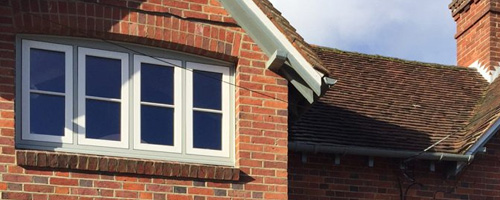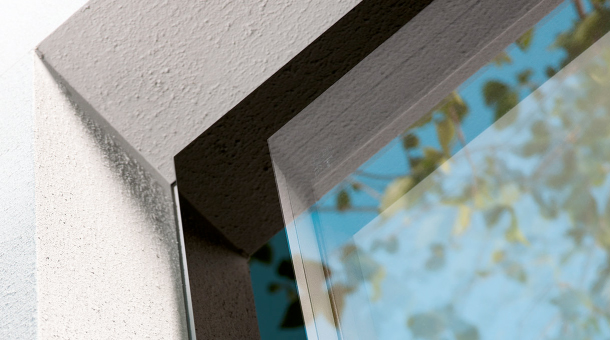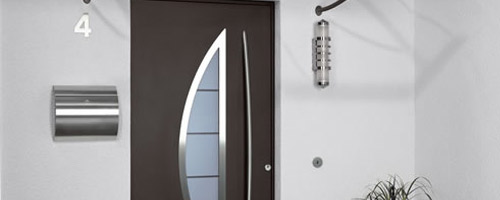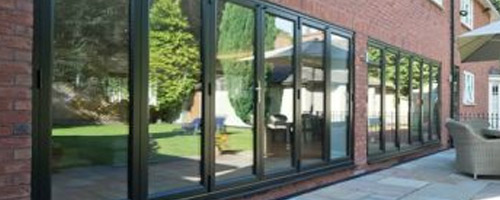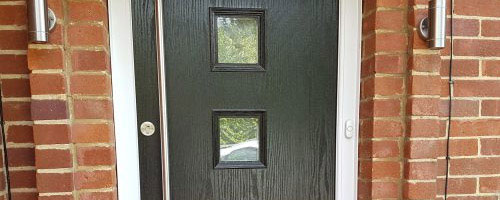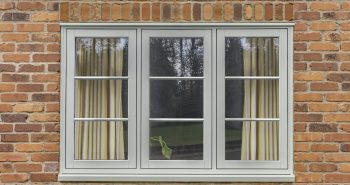Why are U-Values important for your window selection?
Are you shopping for a new set of windows? If you are, then the ‘u-value’ is a term that you are likely to come across. Most types of windows, whether they are UPVc, timber, aluminium, or even timber alternative, have a u-value associated with them. The purpose of the u-value is to provide information about…

Are you shopping for a new set of windows? If you are, then the ‘u-value’ is a term that you are likely to come across. Most types of windows, whether they are UPVc, timber, aluminium, or even timber alternative, have a u-value associated with them.
The purpose of the u-value is to provide information about a window’s thermal efficiency. However, it can be confusing to interpret the exact meaning behind a u-value and how it impacts your window selection. Therefore, this guide is put together with the purpose of helping you understand what a u-value is, how to interpret it, and why it is important when shopping for windows.
What is a u-value?
U-values, measured in W/m²K (Watts per square meter per Kelvin), are generally described as an indicator of how effective a given material is at preventing heat loss. It typically describes how good an insulator your window actually is. As a result, it can be crucial in calculating the thermal performance and the amount of energy that is required to keep the temperature of a room or building at an optimum level.
How to interpret a u-value?
When speaking to your window supplier, the u-value is definitely something you need to enquire about before making your decision. Calculating a u-value isn’t always easy and requires a lot of different inputs. However, if we can understand the meaning behind various u-values, then it should allow us to make a more informed decision when choosing the ideal windows for a home.
So, what u-values should you be targeting? It is important to keep in mind that there is an inverse relationship or a negative correlation between the u-value and the prevention of heat loss. This means, the higher the u-value of a window, the more heat is lost from a building or a room.
Therefore, windows with lower u-values are better insulators and results in a slower rate of heat loss through the window.
Why choose windows with lower u-values?
With winter upon us and the prospect of colder climate on the horizon, keeping our homes warmer is always a fundamental concern. Replacing your existing windows with ones with lower u-values is always an underrated option when it comes to retaining more heat within a room.
Even though replacing windows may be costly, they can provide long term financial benefits in the form of saving money by cutting down on your monthly heating expenses drastically.
Furthermore, lower u-values can help you adhere to the regulations regarding energy efficiency. The current minimum u-value requirement for energy efficiency in new dwelling is 2.0 W/m2 K; however, they may vary based on the type of building and window. If you are unsure of the minimum u-value requirement for your window, always check with your window supplier prior to purchase.
If you are looking to purchase new windows or decrease the heat loss from your home, check out our window styles or contact the window specialists for more details.
Recommended Articles
-
What are sash windows & should you get them?
1 year ago190 views -
Osborn Glass & The Millwood Group Become Trade Partners
6 years ago956 views -
UPVC Frames Vs. Timber Frames
5 years ago739 views -
Home Improvement Ideas to Save you Moving
4 years ago712 views -
All you need to know about window types
1 year ago96 views -
How to Clean UPVC Window Frames
4 years ago748 views

